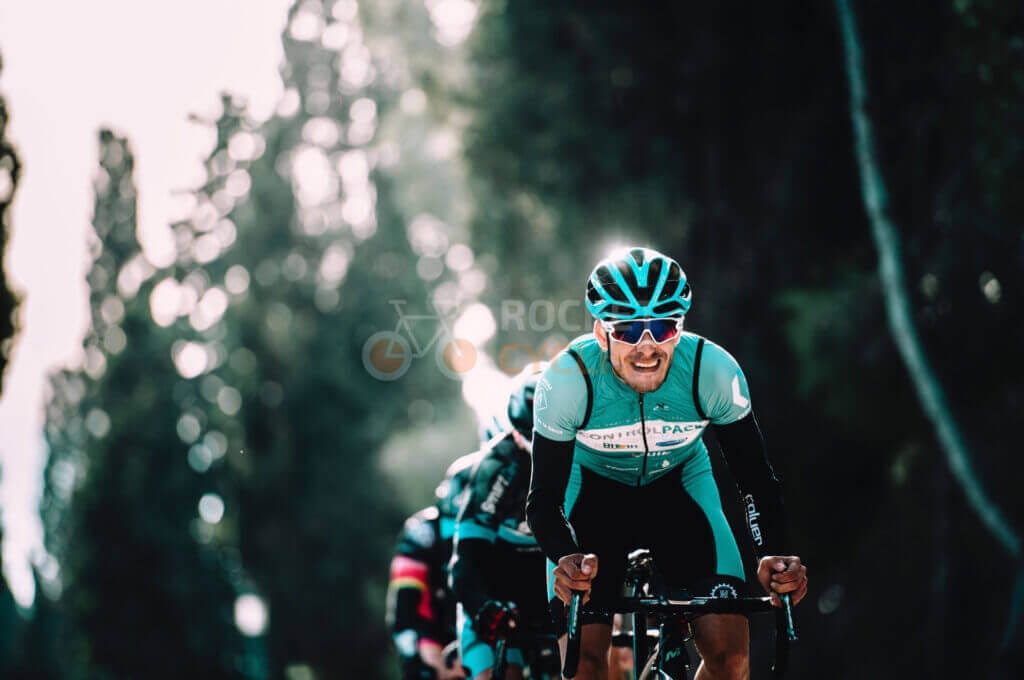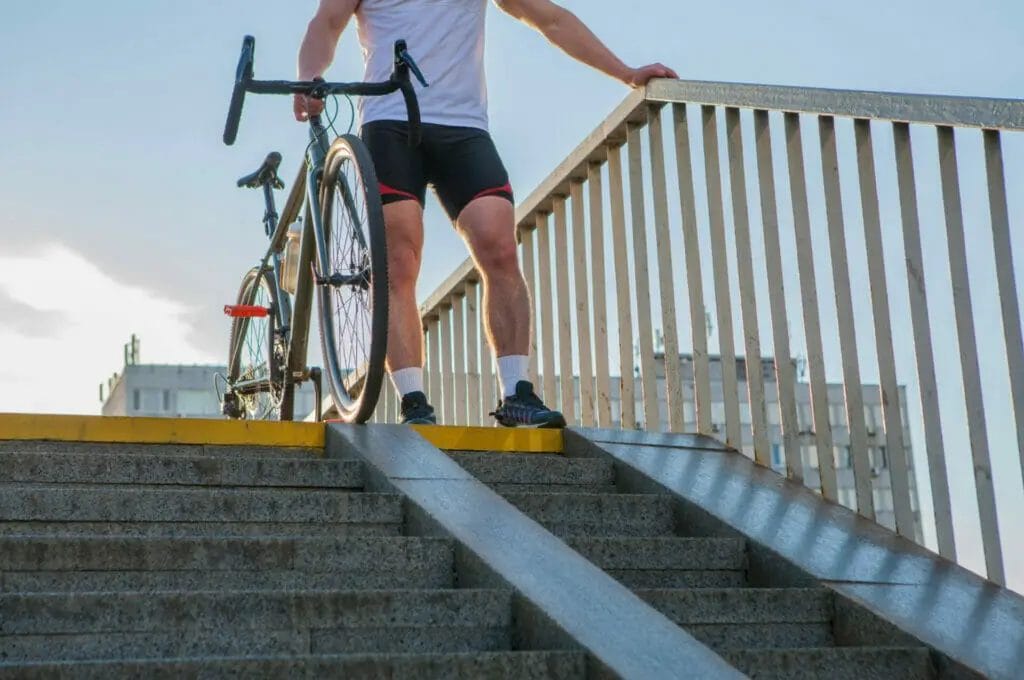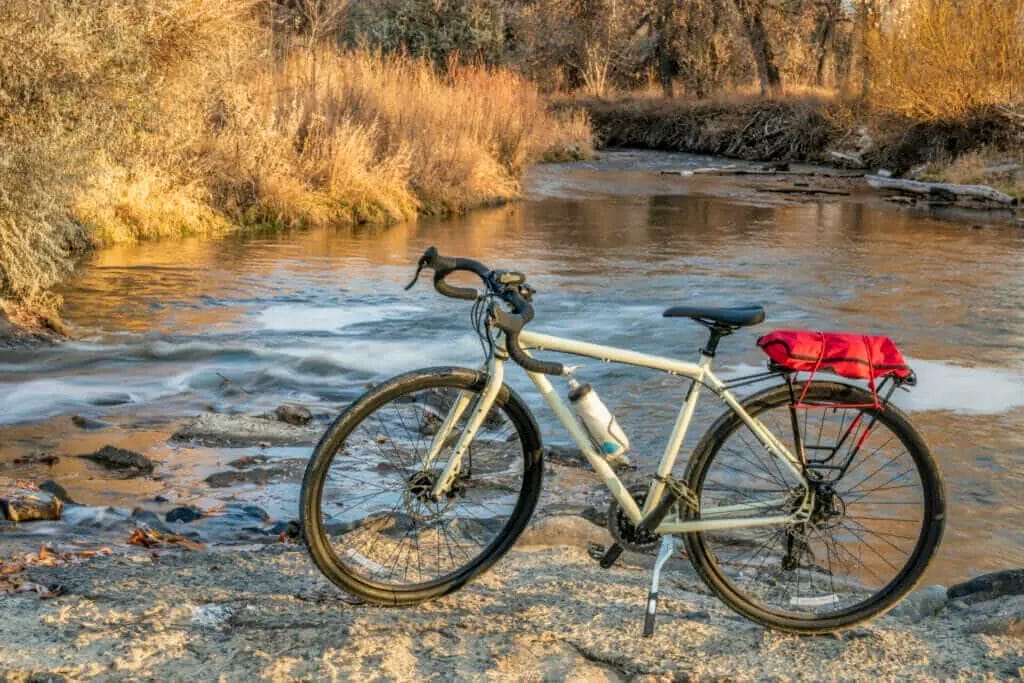Last Updated on November 15, 2023 by Vinson Lozano

Why drinking before cycling is a concern
Considering the enjoyment of a cold beer before a bike ride? We urge you to pause. Mixing alcohol and cycling is not a favorable combination. The reasons are manifold, ranging from impaired motor skills to drowsy or sluggish reactions, all detrimental cycling factors.
Effects of alcohol on physical performance
Alcohol can dramatically affect your physical performance. Even a small amount of it might impact your strength, speed, and respiratory functionality. Drinking can lead to dehydration, which is a cyclist’s worst enemy. It can also reduce your muscle recovery speed, hindering the body’s ability to bounce back after a strenuous ride.
Moreover, alcohol can affect your balance and fine motor control, both of which are crucial for safe cycling. Being able to steady your bike, steer effectively, and brake properly are all potential victims of alcohol’s adverse effects. One of the most common and severe effects of alcohol consumption is impaired judgment, affecting how well you assess risks and make quick decisions on the road. Remember, roads are unpredictable; you need to be alert at all times. You certainly don’t want alcohol to cloud your ability to react swiftly when a car suddenly swerves into your path or a pedestrian steps off the curb.
Drinking before cycling is, in essence, a risk. Yes, it might seem like a nice idea after a long day, especially when the sun is shining, and you crave the freedom the open road offers. But in reality, it’s best to appreciate that cold beer after your ride, with your feet up, in safe surrounds. That way, you’ll ensure a comfortable, conflict-free ride without compromising on your safety or that of others.
Impaired Judgment and Decision-Making
When you’re considering having a drink before heading out on your bike, think twice. Alcohol slows down brain processes, leading to impaired judgment and slower decision-making, both critical for cycling. The risk of making poor decisions increases, from speeding and taking unplanned risks to ignoring traffic signals. Remember, the road is unpredictable, and riding under the influence may jeopardize your safety and that of others.
Decreased Coordination and Balance
Coordination and balance, absolutely essential for safe cycling, can also be seriously affected by alcohol consumption. Your ability to steer the bike accurately, maintain an upright position, or adjust your body to changing road conditions could be compromised. What’s more, alcohol can distort vision and impair depth perception, making it challenging to keep track of distances and impending obstacles. This combination of effects can increase the likelihood of accidents and injuries.
Conclusively, while a cold brew might look tempting before a cycling adventure, it’s safer to postpone it until after your ride. Drinking before cycling could cause a multitude of detrimental effects, from impaired motor skills to hindered judgment, all increasing the risk of potentially disastrous consequences. It’s better to enjoy that beer in a relaxed, safe environment after the ride, ensuring your safety and maximizing the fun on your two-wheel outings.
Decreased Endurance and Stamina
Additional negative impacts of alcohol use involve endurance and stamina, inherently crucial for any cycling excursion. Even moderate alcohol consumption can lead to dehydration, which impairs muscle endurance. Furthermore, alcohol can inhibit the body’s ability to recover and rebuild tissues after strenuous physical activity. This means that for the cyclists intending to have a drink right before a ride, they could unknowingly be setting themselves up for a hard time out on the trail.
Beyond dehydration, alcohol also impacts the body’s energy levels. Your body’s preferred source of energy during exercise is glycogen, which is the stored form of glucose. Alcohol can interrupt the process by which your body replenishes this essential energy source in the muscles, undermining your stamina.
Slower Reaction Times and Impaired Focus
In addition to disrupting balance and coordination, alcohol can dull cognitive functions critical for safe cycling. Alcohol has a sedative effect that slows down brain activity, which results in slower physical reactions and responses. This deterioration of reaction times is problematic on the open road, where fast reactions can mean the difference between avoiding an accident or not.
Alcohol can also disrupt your ability to maintain focus on tasks at hand. This lack of concentration could lead to the potentially dangerous situation where you are unable to react to unexpected changes in road conditions or the actions of other road users.
To sum up, it is evident that alcohol can profoundly injure your cycling performance and safety. The detrimental impacts range from weakening your endurance and stamina to hindering your reaction times and focus. The suggestion is crystal clear, save the alcoholic beverages for post-ride celebrations. By doing so, you ensure not only your performance on the bicycle but more importantly, your safety and well-being on the road.
The Importance of Hydration
One of the critical factors to consider before a cycling session is hydration. As an avid cyclist yourself, proper hydration not only fuels your body for the journey ahead, but it also plays an instrumental role in your overall cycling performance.
Hydration’s Role in Cycling Performance
Hydration is essential for all bodily functions. It aids in maintaining your body’s core temperature, it lubricates your joints and it also helps in the transportation of nutrients, which gives you the energy you need for cycling. Hence, before embarking on your cycling journey, ensure that you’ve properly hydrated to optimize your endurance, stamina, and overall performance.
Now you may ask, “Can I drink a beer before cycling?” This brings us to the dehydrating effects of alcohol.
The Dehydrating Effects of Alcohol
While a beer may seem like a tempting pre-ride drink, you have to remember that alcohol is a diuretic. Diuretics increase urine production, which can lead to dehydration. Dehydration, as previously mentioned, impairs muscle endurance and can even cause cramps during your ride. This not only hampers your performance but can also lead to potentially dangerous situations if you’re unable to maintain control of your bike.
Furthermore, alcohol disrupts your body’s ability to replenish glycogen (the stored form of glucose that your body uses for energy during exercise), directly affecting your stamina. So, while that beer might initially seem refreshing, it could end up undermining your cycling performance.
In conclusion, avoid the temptation of having a beer before your ride. Opt for water or electrolyte drinks to keep you hydrated, fuel your performance, and ensure your safety on the road. Stick to the saying, “There’s a time and place for everything” and save the beer for post-ride celebrations when it won’t negatively impact your performance or safety.
Moderation and Timing
You’ve probably heard the saying, “moderation is key.” It’s true when it comes to incorporating alcohol into your cycling routine.
Moderate alcohol consumption before cycling
Before you go grabbing a cold one right before you hop on your bike, there’s a significant point to consider: moderation. You need to limit your alcohol intake if you must have a beer before cycling. Consuming alcohol excessively could leave you dehydrated, sluggish, and unfit to cycle.
Now, does this mean a beer before cycling is off the table entirely? Not necessarily. A small amount, such as one beer, shouldn’t have a significant impact on your performance, especially if consumed hours before your ride.
But, bear in mind that even one beer can affect balance, reaction time and judgement to varying degrees depending on individual tolerance levels. So, if you are going to enjoy a drink, it is sensible to do so at a time when you are not going to ride immediately afterwards.
Allowing sufficient time for alcohol to leave the system
Alcohol is metabolized by your body at a predictable rate. Pocketbook health guides often suggest waiting a ‘standard’ period of about an hour per unit of alcohol consumed. That’s roughly three hours for a bottled lager or pint of beer.
So, if you do decide to enjoy an alcoholic beverage before your ride, ensure you have sufficient time for the alcohol to leave your system. This way, you can both enjoy your beer and ensure you’re still fit to safely navigate your cycling journey.
In summary, while the occasional beer before cycling shouldn’t severely hinder your performance, it’s vital to practice moderation and allow enough time for your body to process the alcohol. That way, you can enjoy your ride, knowing you’re doing your part to maintain optimal hydration and cycling performance.
Conclusion
Weighing the Risks and Benefits
In unrestricted amounts, it’s a definitive no. Beer before cycling could invite dire consequences than benefits. It impacts your balance, reaction times, and judgement, even just after consuming one beer. Rather than enhancing your performance, it might actually hamper it, leading to sluggishness or dehydration. However, in moderation and with adequate time between consumption and cycling, it’s possible you won’t experience significant, performance-inhibiting effects.
Personal Responsibility and Making Informed Choices
Remember, the key here lies in understanding your own body and how it responds to alcohol. People have diverse tolerance levels; what might seem normal and bearable for one person can be entirely off-balance for another.
What we stress on is making informed choices. If you decide to enjoy a beer, do remember to give it sufficient time to be processed by your body. Around three hours for a standard beer is what many health guides suggest. But yet again, this can vary based on individual metabolic rates and body responses.
In essence, enjoy your beer if you want to, but never at the cost of a safe, enjoyable ride. Practice moderation, plan your timing, and keep your safety top-most when deciding to mix alcohol and cycling.
Your performance mustn’t get compromised, and more importantly, neither should your safety. Be responsible, be informed, and make choices that best suit your health and well-being. After all, cycling is about maintaining physical fitness and enjoying the journey, and it’s crucial you keep it that way.


